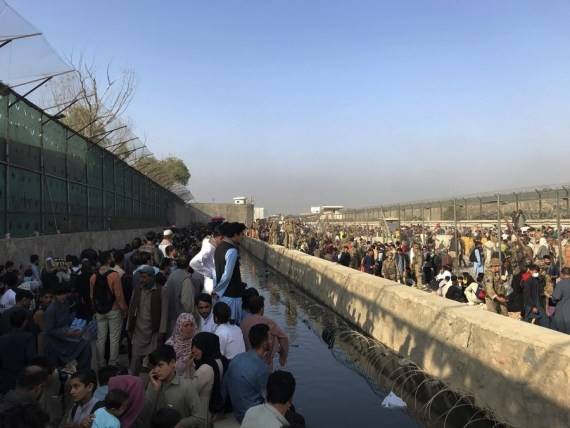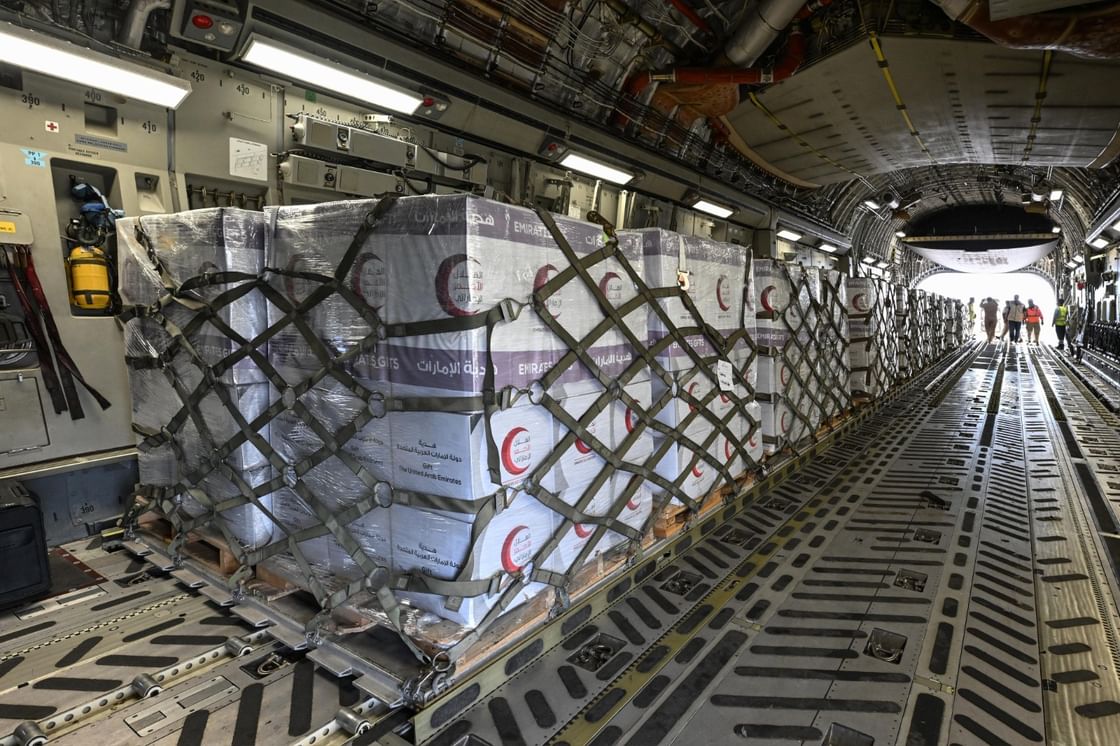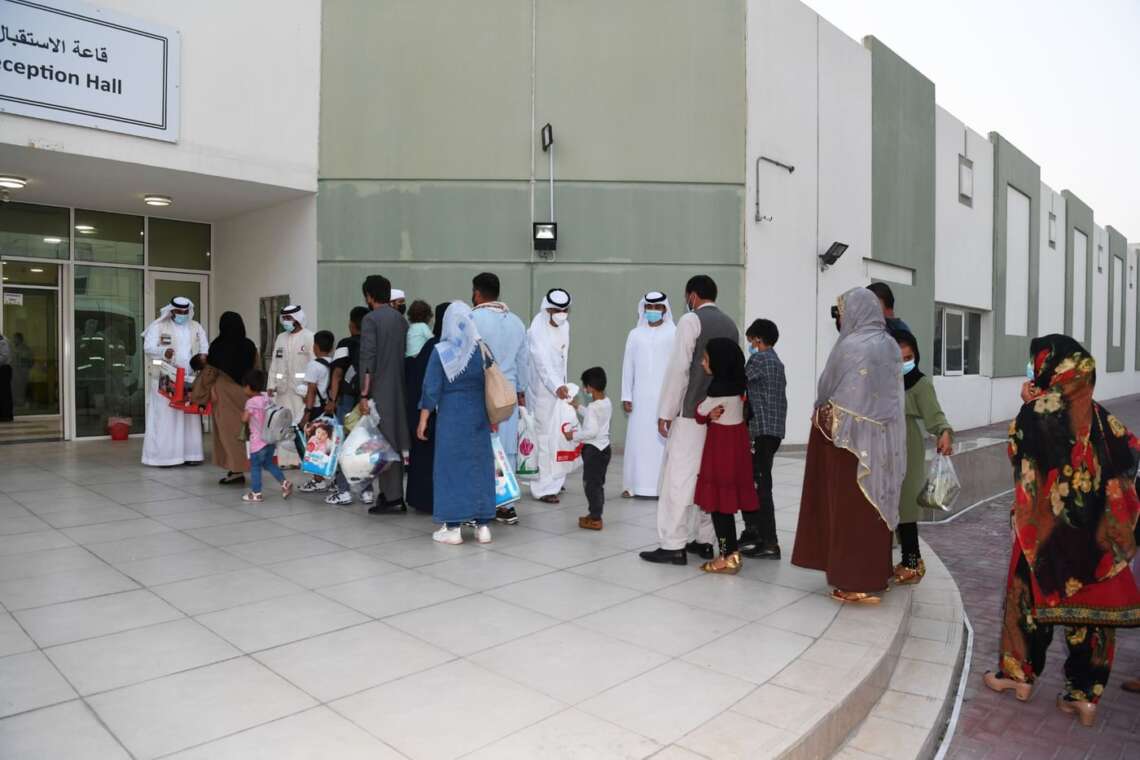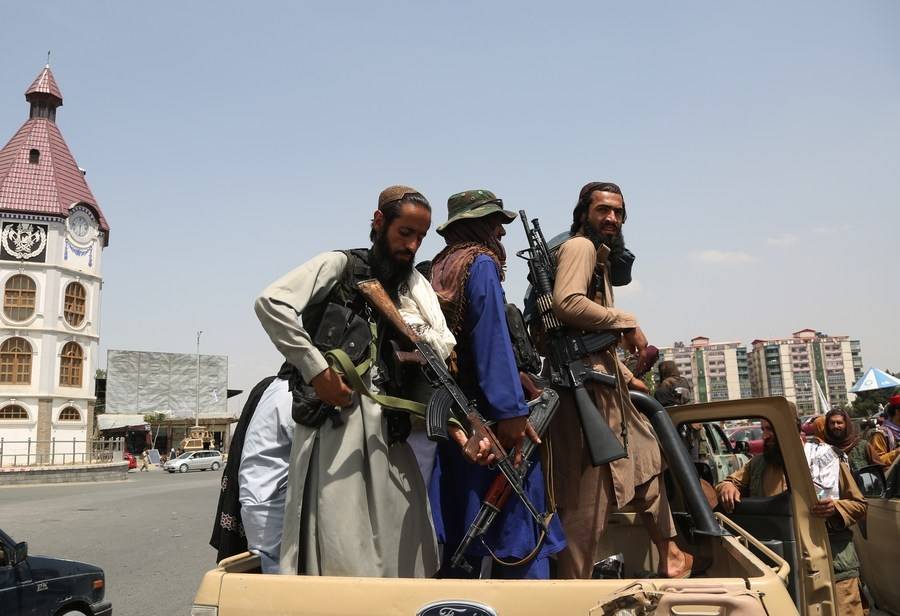Since Kabul’s fall to the Taliban, many government offices, schools and universities have remained closed….reports Asian Lite News
Although the security situation is comparatively stable compared when the Taliban took over Kabul on August 15, the Afghan capital’s residents seemed doubtful about their future, pondering whether the current peace could be a lull before storm.
Since Kabul’s fall to the Taliban, many government offices, schools and universities have remained closed.
The Taliban has however, repeatedly called upon government employees to return to their offices and resume their work normally, but many offices in the government and private sectors including banks, schools and universities have been out of business.
“Since last Sunday I have not been to my office as no one knows what would happen next hour or in the afternoon,” a Kabul resident Noor Khan told Xinhua news agency on Sunday.
The 37-year-old Khan, an employee of the Passport Department in Kabul, claimed that none of his colleagues are going to return to the office.
“So far no government has been formed by the Taliban and Afghanistan has no president or any other head of state, which virtually means a “vacuum of power,” another Kabul resident Ahmad Nawed told Xinhua.
While praising the Taliban fighters for returning peace in Kabul city, Nawed said that “the vacuum of power” could lead to a chaotic situation” in Afghanistan.
“I am afraid that the current peaceful environment like a lull before storm could lead to fighting” in the country, he said.
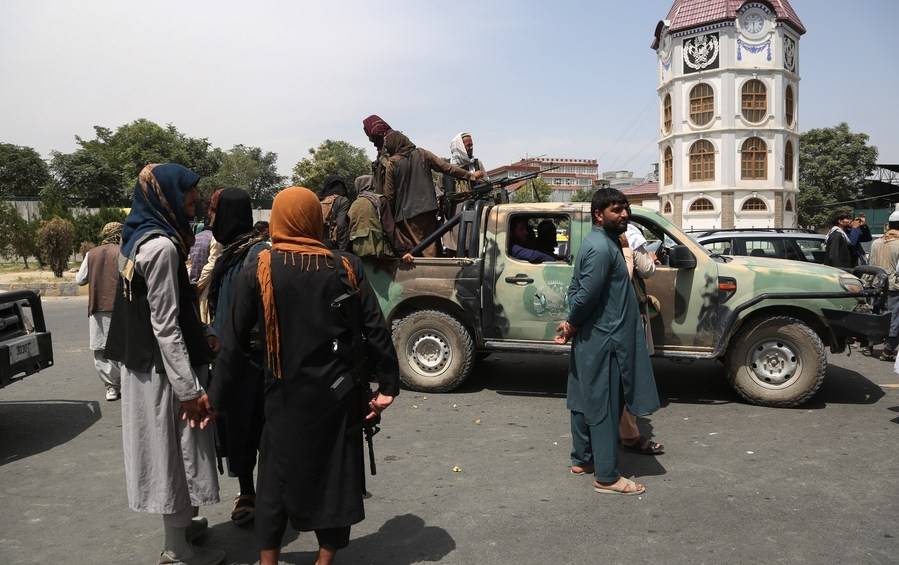
“I hope the Taliban would soon form their government,” Nawed further said.
Taliban spokesman Zabihullah Mujahid has said that senior leaders of the group are engaged in talks with politicians to form a broad-based government.
Mullah Abdul Ghani Baradar, political chief of the Taliban, arrived in Kabul on Saturday to consult with concerned politicians and groups on the formation of a new ruling body in Afghanistan.
Another resident, Mohammad Husain, a car mechanic, also appreciated the Taliban for ending the war and ensuring relative peace in Kabul, saying “peace is everything and lasting peace can ensure stable jobs and regular income” for everyone in the country.
He told Xinhua that his daily income has been affected recently.
Husain claimed that before Kabul’s fall, he earned some 1,500 afghani ($17) to 2,000 afghani ($23) daily, but he currently earned between 500 afghani ($5) to 1,000 afghani ($11).
“I am doubtful about the future as the Taliban has yet to form their government, although it was already eight days following Kabul’s fall. The armed oppositions are also active in parts of the country and they could create security problems,” a fruit seller Hamidullah said.
Expressing concerns about the future of Afghanistan, he noted that the new administration may face daunting challenges if foreign counties continue to keep their diplomatic missions closed in Kabul.

